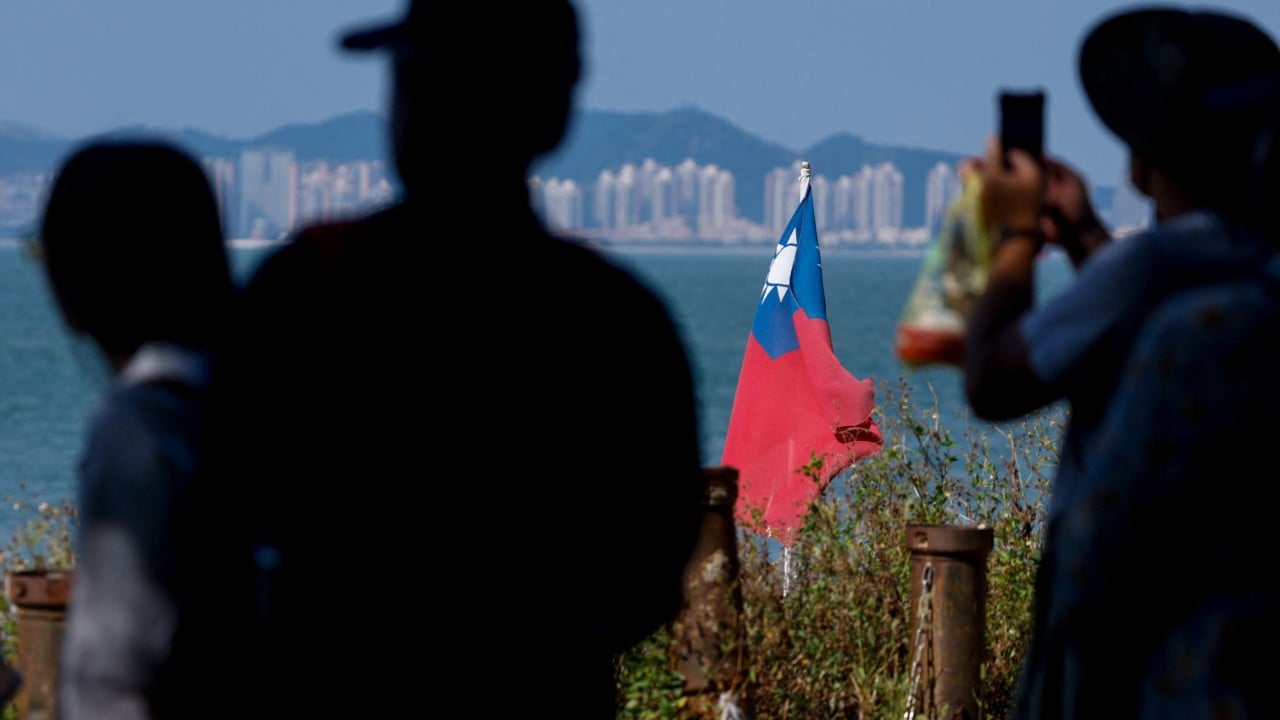When Chinese President Xi Jinping and US President Donald Trump met in Busan, South Korea, on October 30, they spent nearly two hours discussing rare earths, fentanyl and trade. Taiwan, the one issue most likely to bring the world’s two largest powers into direct conflict, never came up. That silence was the message.
Advertisement
It revealed how both leaders prefer to manage rivalry through quiet understanding rather than confrontation. The approach reduces the risk of war but narrows Taiwan’s options. The question is whether that silence can hold, and what it will cost.
Trump treats alliances as business. In 2024 he framed Taiwan as an insurance policyholder that hadn’t been paying premiums. To him, protection is conditional; commitment depends on contribution. He has pressed Taipei to raise defence spending far beyond the current 2.5 per cent of gross domestic product. For Beijing, this creates an opening. Xi sees time, not tanks, as his advantage.
According to US intelligence, Xi has told the People’s Liberation Army to be ready for a Taiwan contingency by 2027 – readiness, not intent. Beijing’s headwinds – an ageing workforce, a fragile property sector and reliance on imported energy – make conflict costly. Patience promises better returns.
Trump seeks quick deals; Xi plays for time. Yet both want stability that keeps markets steady and their authority intact. What once relied on military deterrence now runs on mutual calculation.
Advertisement
Taiwan’s domestic politics are shifting in ways that make this managed stability easier. In October, former legislator Cheng Li-wun won the Kuomintang (KMT) chairmanship on a platform of restoring dialogue with Beijing. Xi promptly congratulated her, calling for joint efforts to promote national reunification.

